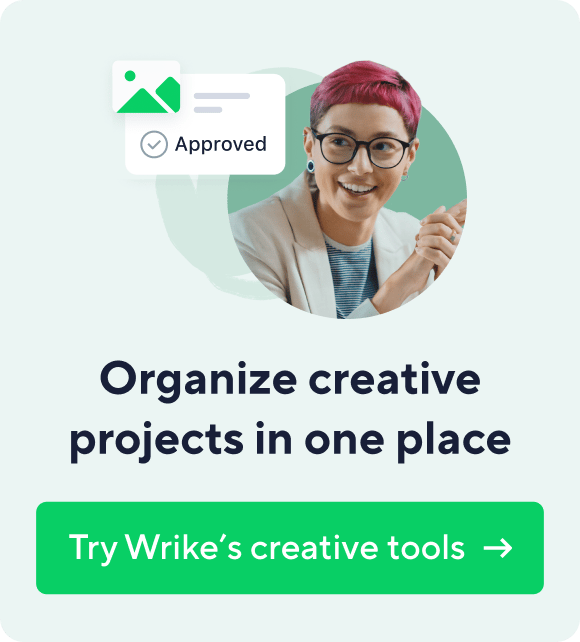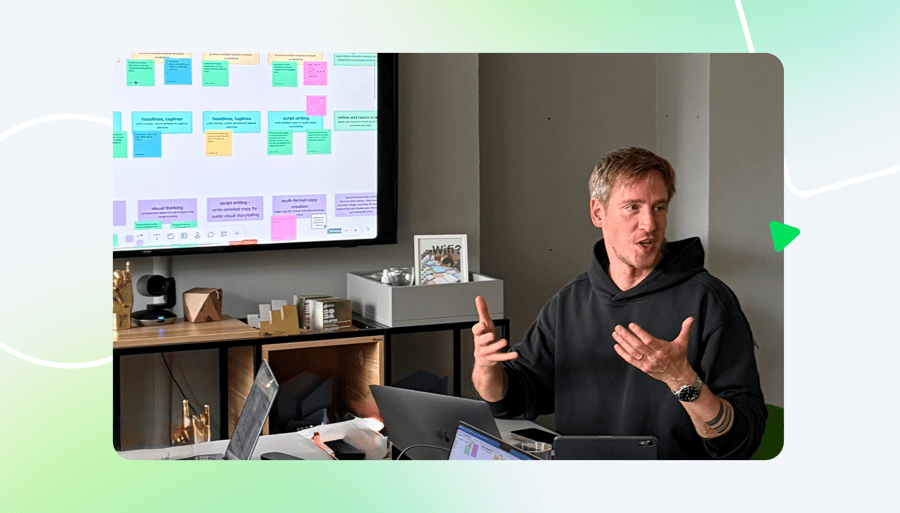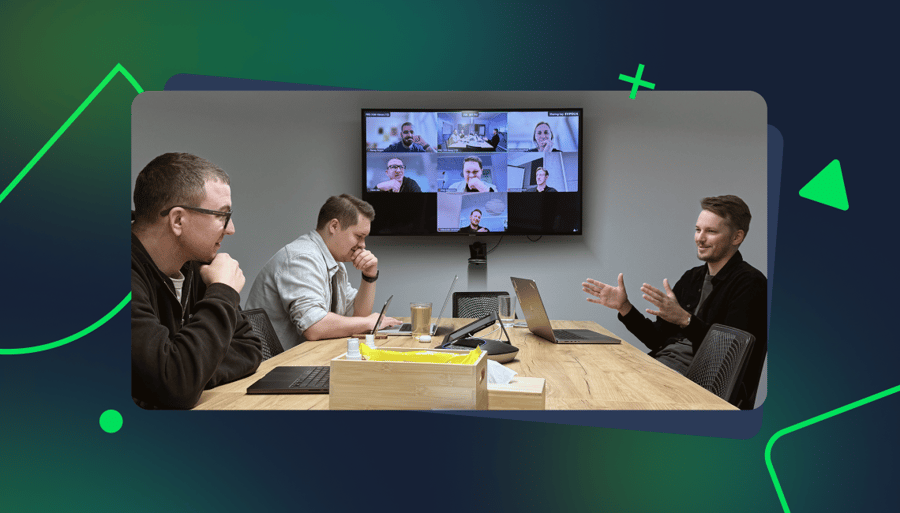What’s the future of design roles in a world where AI is deeply embedded in every workflow? How do we stay valuable experts in a constantly changing environment?
These questions are at the top of our minds. Here at Wrike, we care deeply about our team — and about the intersection of human intelligence and AI. So I decided to run a workshop with my team to explore the best ways for our design team to future-proof our skills in an AI-driven world. (I shared how it went in this post).
Today, I wanted to share the skills we brainstormed during that workshop that we believe will shape the design profession in the not-so-distant future.
What are the future-proof skills designers need in the age of AI?
1. Ownership
Ownership means that designers are able to level up with the growing complexity of projects. It’ll require a clear view of the big picture, the ability to work well with people while effectively managing AI, and deep business acumen as a core part of the role. All that while staying flexible as everything keeps shifting.
Importantly, a strong sense of ethics will really matter — because it will be up to us to bring fairness, transparency, and human-centered values into every design decision.
2. Conceptual thinking
Conceptual thinking won’t be easily replaced by AI (that’s a relief) — not when a designer can bring strong imagination, a trained eye, and solid visual literacy to the table. What will truly matter is the ability to generate adaptable ideas grounded in real user insights, behavior, and market context. That means conducting research, trusting creative instincts, and blending strategy, psychology, and technology in ways that actually make sense.
3. Brand experience
Brands will remain at the core of a designer’s expertise, shaping people-first strategies and cultural insights, all grounded in business goals. We’ll be building flexible, evolving systems powered by strong storytelling, creating emotional brand navigation, and carrying it across multiple channels.
To do that, we’ll need to fluently balance different disciplines — communication, tech, psychology, sociology — and whatever comes next.
4. Communication
Communication will go far beyond traditional writing and speaking. Designers will also become translators between human and AI languages, crafting prompts across systems and bridging complex ideas within hybrid human–AI teams.
Storytelling (yep, again) and strong narratives will matter more than ever, with real impact coming from emotional depth, authenticity, and ethical clarity. All of these will be essential for building trust and influence.
5. Multisensory design
Design will expand into multisensory experiences. We won’t just be focused on visuals, but also sound, motion, interaction, and whatever comes next. We’ll be shaping environments that feel emotionally meaningful and genuinely accessible.
We’ll also take on a key role as supervisors, guiding AI-generated content through the lens of ethics and quality. The role will blend creative direction with fluency in both foundational and emerging design principles.
6. Design versatility
Designers will draw from a broad creative toolkit, confidently using AI and emerging technologies for ideation, iteration, and, of course, problem solving.
What will matter most is staying aware of trends, keeping an eye on new shifts, experimenting with intent, and knowing how to seamlessly weave new tools into our workflows.
7. Adaptability
Curiosity, openness, and a commitment to continuous learning will be key to long-term success. We’ll need to continually reinvent our skills, embrace new tools, and stay ahead of change. Adaptability, resilience, and a genuine drive to learn and expand our zones of expertise will be essential in this evolving, fast-paced creative landscape.
The evolving landscape of design in the age of AI
This list of skills isn’t complete; it will keep evolving. Today’s leaders should be building flexible, adaptable skill matrices that emphasize soft skills over hard ones. Preparing the next generation of experts is a key focus for us at Wrike.
We’re always open to sharing expertise and exchanging ideas, and I hope you’ll connect with me on LinkedIn to chat more about this important topic.









